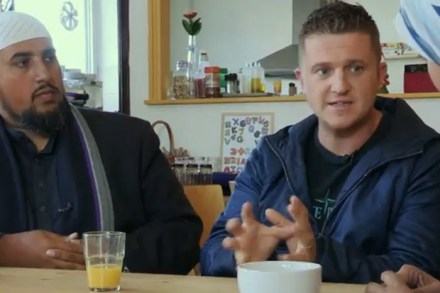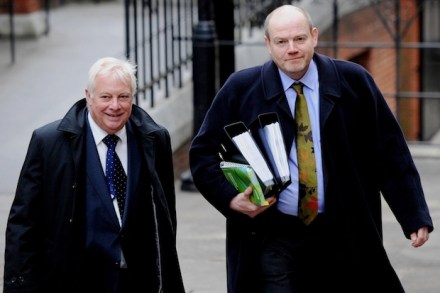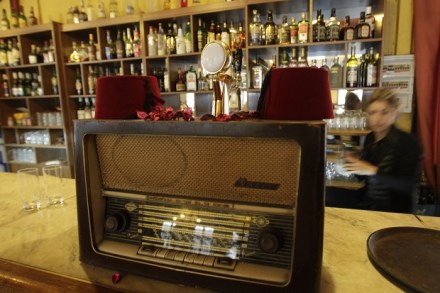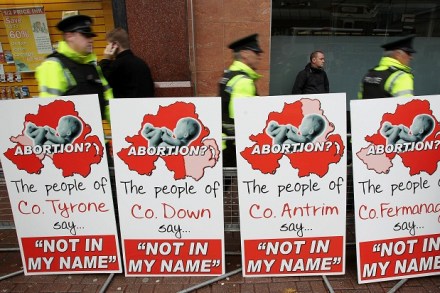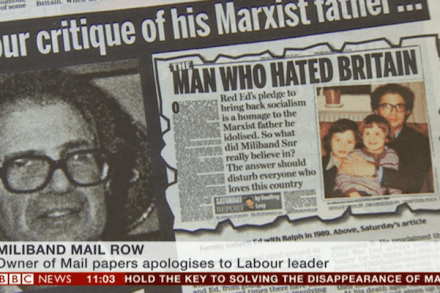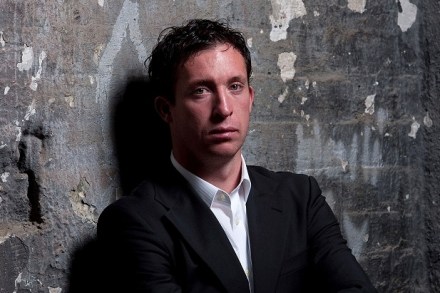Brave, non-denominational freedom fighters
Those of you who wonder why the BBC is so politically correct, so craven in its expressions regarding, for example, Islamic terror, may find a partial answer here: Stephen Whittle Director of Editorial Policy at the BBC Dear Stephen, We have received many complaints over the last 24 hours from British Muslims regarding the use of the phrase ‘Islamic terrorists’ by your news reporters in connection with the struggle for Kashmiri independence. We believe this phrase is totally inappropriate and adds nothing to the story and even distorts what is a long-standing struggle by the Kashmiri people to gain control of their own destiny. We have noticed that your news reports


